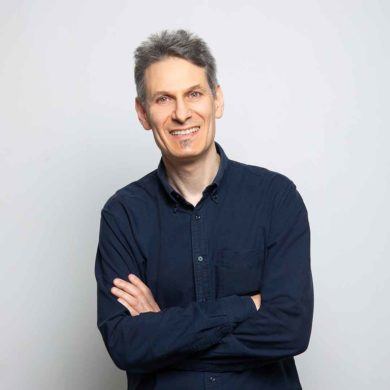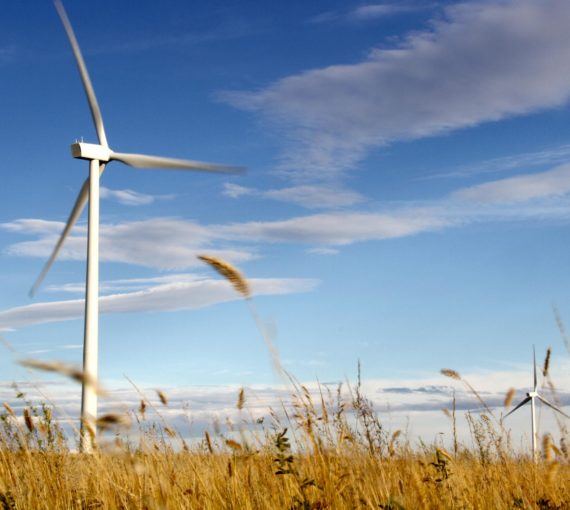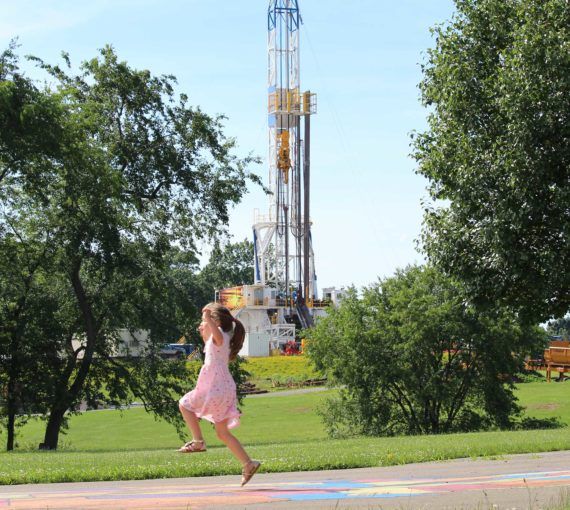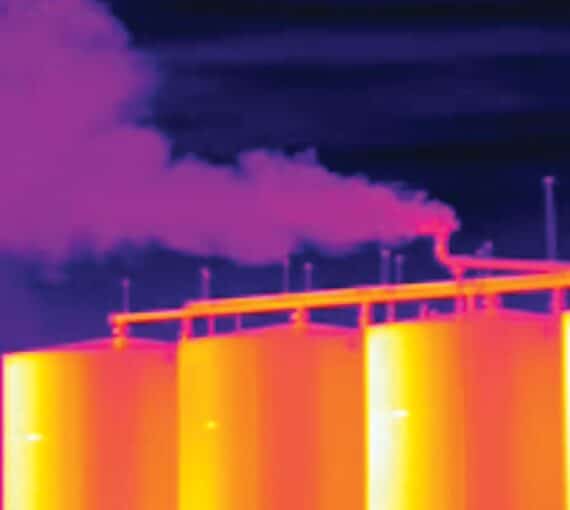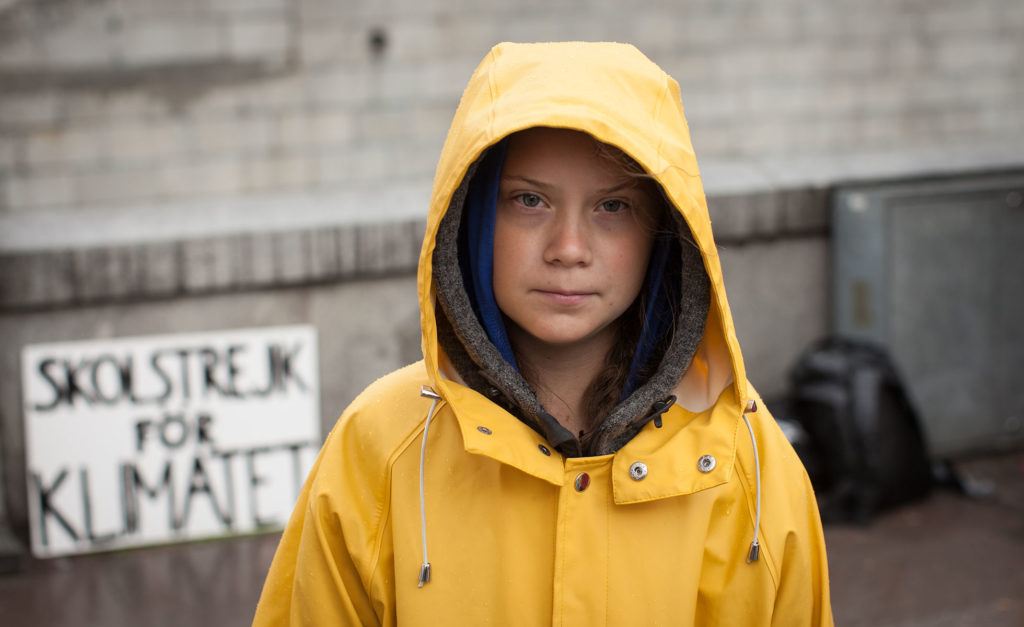
Greta sees the world as a burning house, its inhabitants going about their daily lives, notwithstanding. (Photo: Anders Hellberg via Wikimedia Commons)
“I’m too young to do this,” says Greta Thunberg, the activist whose 2018 “school strike” in front of the Swedish Parliament launched an international youth movement to keep fossil fuels buried. One thinks of Isaiah: “And a little child will lead them.” She gave the speeches collected in this book, her first in English, at age 15 and 16, and like other great leaders—one is tempted to say prophets—she denies she’s up to the task history has set her.
She shares the prophet’s lot in being mocked and reviled. “I am just a messenger and yet I get all this hate,” she explains on Facebook. Elsewhere she says, “people tell me that I’m retarded, a bitch and a terrorist.”
She sees the world as a burning house, its inhabitants going about their daily lives, notwithstanding. Some are ignorant of climate solutions, others knowledgeable, but none treats the situation as the emergency it is: “Even most green politicians and climate scientists go on flying around the world, eating meat and dairy.” She cannot fathom this.
“If the emissions have to stop, then we must stop the emissions.”
Her bewilderment comes, in part, from being a person on the autism spectrum. “I have Asperger’s syndrome, and to me, almost everything is black or white,” she explains. “If the emissions have to stop, then we must stop the emissions.” She sees Asperger’s as a gift. Indeed. It is a gift to the planet.
Thunberg lives between despair and hopefulness. One is reminded of Samuel Beckett’s, “I can’t go on, I’ll go on.” She tells the World Economic Forum, “I don’t believe for one second that you will rise to that challenge [of safeguarding the future]. But I want to ask you all the same.” She suggests humanity is failing to address the crisis and then adds, “We can still fix this.”
There’s optimism when she calls for “cathedral thinking.” Builders of these edifices don’t know every step in construction at the outset but proceed anyway. We, too, should take decisive climate action in the absence of all the detailed strategies. We need to start the work and trust that, over time, fuller answers will emerge.
“Why should I be studying for a future that soon will be no more, when no one is doing anything whatsoever to save that future?”
Yet Thunberg’s never far from darkness. “Why should I be studying for a future that soon will be no more, when no one is doing anything whatsoever to save that future?” Tomorrow’s Earth may be more than bleak; it could be uninhabitable. Will our youth reach old age? Imagine living with the full weight of that question. “I don’t want you to be hopeful,” she says. “I want you to panic.”
Her call for panic troubles me. I commend her for raising the very issue of how we respond, but the crisis demands nuance. We need one aspect of panic—its urgency—but not its irrationality. Panicking people trample one another. Our passion needs to be tempered by care and foresight. I think Thunberg, who reveres science, would agree.
Her great contribution is helping us see the obvious. We live in a “strange world,” she explains, where “a football game or a film gala gets more media attention than the biggest crisis humanity has ever faced.” We know this, but Thunberg presents it with freshness and force and we start to hear it as if for the first time.
Isn’t that part of the prophet’s role?
This op-ed was originally published in the Hill Times.
Our Work
Always grounded in sound evidence, the David Suzuki Foundation empowers people to take action in their communities on the environmental challenges we collectively face.
